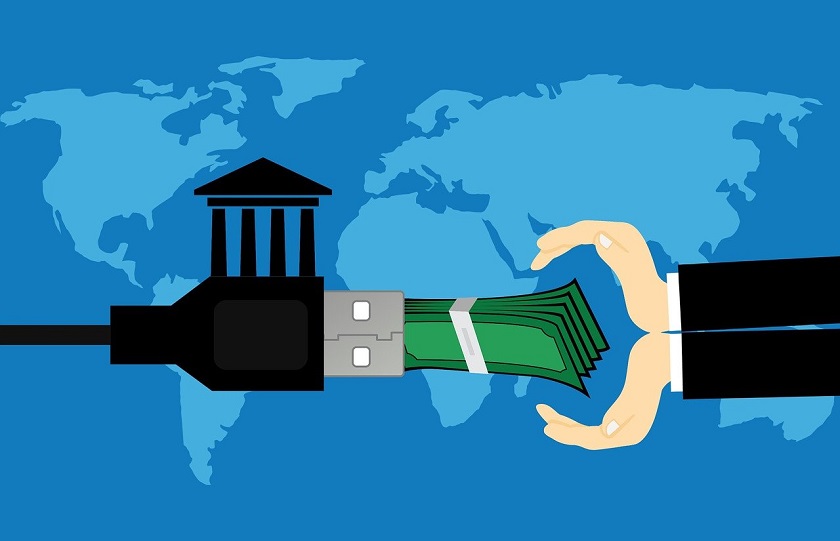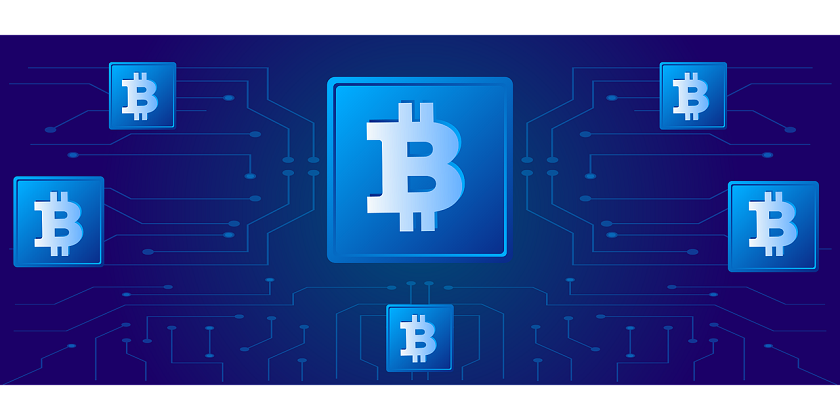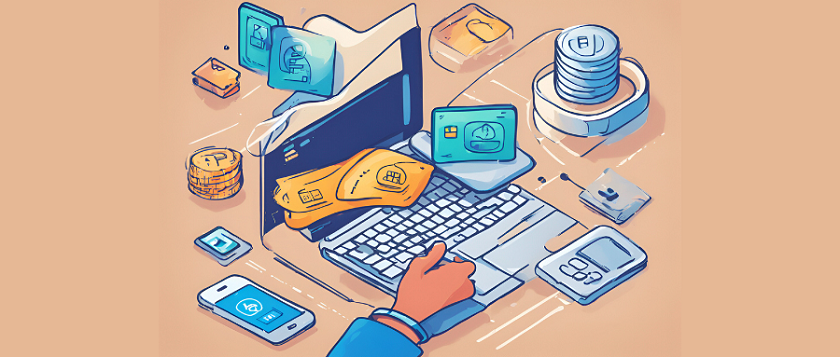The New Advancement in Wire Transfers
Author:XTransfer2024-06-25
The Advancement in Wire Transfers in the New Era
What is a Wire Transfer?
A wire transfer is a method of electronic funds transfer from one person or entity to another. It involves transferring money from one bank account to another. This can be done within a single financial institution or across multiple institutions via a network such as SWIFT (Society for Worldwide Interbank Financial Telecommunication) or Fedwire in the United States.
Wire transfers can be executed domestically or internationally and are often used for large, time-sensitive transactions because of their speed and security. However, they typically come with processing fees, especially for international transfers.
To initiate a wire transfer, the sender needs to provide his bank with the recipient's name, bank account number, and bank routing number. It's also common to need the address of the recipient's bank. Once the transfer is initiated, the funds usually reach the recipient's bank account within one to two business days.

The advent of new technology has varied the methods of wire transfer. In the following blog, we will have an overview of these advanced technologies that are transforming our business life, including cryptocurrencies, third-party wire transfer services, NFC, and sound-wave payment.
Cryptocurrencies Transforming International Transfers
How Cryptocurrencies Change the Landscape of International Money Transfers
Decentralization and Borderless Transactions
Cryptocurrencies, such as Bitcoin, are decentralized and do not have geographical restrictions like traditional fiat currencies. This allows users to transfer money directly to anyone, anywhere in the world, without the need for intermediaries like banks.
Speed and Efficiency
Cryptocurrency transactions are significantly faster than traditional methods. They can be finalized within minutes and are available all year, compared to traditional methods that take days or weeks.
Lower Costs
Cryptocurrencies eliminate the need for intermediaries, which means lower fees for users. Tools such as the gas cost tracker also improve predictability and disclosure of these costs, making it easier for users to plan their transactions.
Financial Inclusion
Cryptocurrencies democratize financial services by making them accessible to previously unreachable populations. Anyone with an internet connection can transact swiftly and securely with crypto, fostering global financial inclusion.
Major Banks' Exploration
Major financial institutions are exploring cryptocurrency-based payments to improve efficiency and security. For example, PayPal, Square, and Mastercard have facilitated purchases with cryptocurrencies like Bitcoin. This trend will continue as more banks and financial institutions adopt cryptocurrency-based payment methods.
Challenges and Regulatory Concerns
While cryptocurrencies offer many advantages, challenges and regulatory concerns need to be addressed. Regulatory frameworks for cryptocurrencies are still evolving, and there are concerns about their legal status in certain countries. In addition, some users may find it difficult to comprehend the technicalities of blockchain solutions, which can be a barrier to adoption.

Major Banks' Exploration of Cryptocurrency-based Payments for Improved Efficiency and Security
- Bitcoin Remittance Platforms: Platforms that facilitate remittances using Bitcoin, which recipients can convert into their local currency.
- Stablecoin-based Solutions: Stablecoins, such as USD Coin and Tether, which are pegged to the value of a stable asset like the US dollar, offer a more stable alternative to traditional cryptocurrencies.
- XRP and RippleNet: XRP, the fifth-largest cryptocurrency by market cap, is a bridge currency in RippleNet, a decentralized payment network that facilitates real-time cross-border payments.
- Stellar Lumens (XLM) and Stellar Network: Stellar or Stellar Lumens aims to facilitate cross-border transactions between any currency pairs, with fees as low as 1/4000th of a cent and transaction times of just three seconds
Overall, cryptocurrencies are transforming international transfers by providing a faster, cheaper and more efficient substitute than traditional methods. As more financial institutions and individuals adopt cryptocurrency-based payment methods, the landscape of international money transfers is expected to continue evolving.
The Emergence of Third-Party Wire Transfer Services
Advantages of Third-Party Wire Transfer Services
Faster Processing Times: Third-party wire transfer services often boast speedier processing times than traditional bank wire transfers. This can be particularly advantageous for urgent transactions where the funds need to reach the recipient quickly.
Potentially Lower Fees: While traditional bank wire transfers typically involve a combination of sending and receiving fees, some third-party wire transfer services may offer more competitive rates. Before making a decision, it's crucial to compare fees and exchange rates between different providers.
Convenience: Third-party wire transfer services often provide user-friendly platforms to initiate and track your transfers conveniently.
Wider Reach: Certain third-party wire transfer providers might offer access to a broader network of payout destinations compared to traditional banks.
Security Concerns and Risks of Scams
Security Measures: It's essential to choose a reputable and well-established third-party wire transfer provider to take strong and safe measures to protect your financial information.
Potential for Scams: Be cautious of fraudulent money transfer services. Always research a provider thoroughly before trusting them with your financial information.
How to Choose a Proper Third-Party Wire Transfer Service

To choose a third-party wire transfer best suited to your needs, you should pay attention to the following factors:
Fees and Exchange Rates: Compare the total cost of the transfer, including sending and receiving fees, as well as the exchange rate offered by different providers.
Transfer Speed: Research the typical processing times for transfers to your desired destination.
Security Measures: Choose a provider with a strong reputation for data security and fraud prevention.
Customer Service: Ensure the provider offers reliable customer support in case you encounter any issues with your transfer.
Transfer Limits: Verify if the provider's transfer limits accommodate your needs.
The Role of NFC in Contactless Payments
Near-field communication (NFC) technology plays a crucial role in contactless payments, enabling secure and convenient transactions between devices. Here's an overview of NFC and its application in contactless payments.

NFC and its Application in Contactless Payments
Device Setup: The NFC-enabled device (e.g., a smartphone) is set up to use NFC payments. This involves enabling NFC in the device's settings and configuring the payment method (e.g., Apple Pay or Google Pay).
Terminal Setup: The NFC-enabled terminal is set up to accept NFC payments. This involves configuring the terminal to recognize and process NFC transactions.
Transaction: The user initiates the transaction by tapping their NFC-enabled device on the terminal. The NFC technology in the device and terminal communicates to transfer the payment information.
Encryption: The transaction information is encrypted for security, ensuring that the data remains confidential during transmission.
Authorization: The user is prompted to authorize the transaction using biometric authentication (e.g., face ID, fingerprint, or passcode) or other security measures
Benefits of Transferring Money between Devices without an Internet Connection
Convenience: NFC payments allow users to transfer money between devices without the need for an internet connection, making them ideal for situations where connectivity is limited.
Security: NFC is highly secure because of the encryption of transaction information and the use of biometric authentication.
Speed: NFC transactions are typically faster than traditional payment methods because they do not ask the user to insert a card or enter payment information manually.
Hygiene: Contactless payments using NFC technology remove physical contact between users and the terminal, reducing the risk of transmission of diseases.
Sound-Wave Payments: Innovative Payment Methods
Sound-wave payments use ultra-sonic (Frequency) sound waves to communicate and exchange transaction data. The transmitter transmits sound waves over the standard speaker to the receiver with a standard microphone. The sound waves carry the details of the transactions, such as the amount, items, merchant, etc. After receiving the data, the payment can be handled like any other payment method. Sound-wave payments are competitive in the following aspects:
Offline Transactions: Sound-wave payments can be used for offline transactions, making them ideal for scenarios where an internet connection is unavailable.
Security: The sound waves carry encrypted data, ensuring secure transactions against unauthorized access.
Convenience: Sound-wave payments can be used with any device that has a speaker and microphone, making them accessible to a wide range of users.
Cost-Effective: Sound-wave payments do not require expensive hardware or infrastructure, making them a cost-effective option for merchants and users alike.
Conclusion
The landscape of wire transfers is undergoing a significant transformation as we move further into the digital era. The advent of new technologies like cryptocurrencies, third-party wire transfer services, NFC, and sound-wave payments is revolutionizing the way we conduct business. Advancements in wire transfer technologies are paving the way for a more efficient, secure, and user-centric financial ecosystem. As these technologies continue to evolve and gain wider adoption, we can expect to see even more innovative solutions that further streamline and enhance our financial transactions.
For fast transfer of large sums, wire transfers are usually quicker than options like Venmo, Zelle®, or ACH transfers. They are also suitable for international transfers, making them a good choice for sending money to friends or family abroad. To initiate a wire transfer, you can begin by trying XTransfer.